Understanding Personal Loan Interest Rate
Understand personal loan interest rates, factors affecting them, and ways to get the best interest rate. With OneScore, learn these tips for a great loan experience.
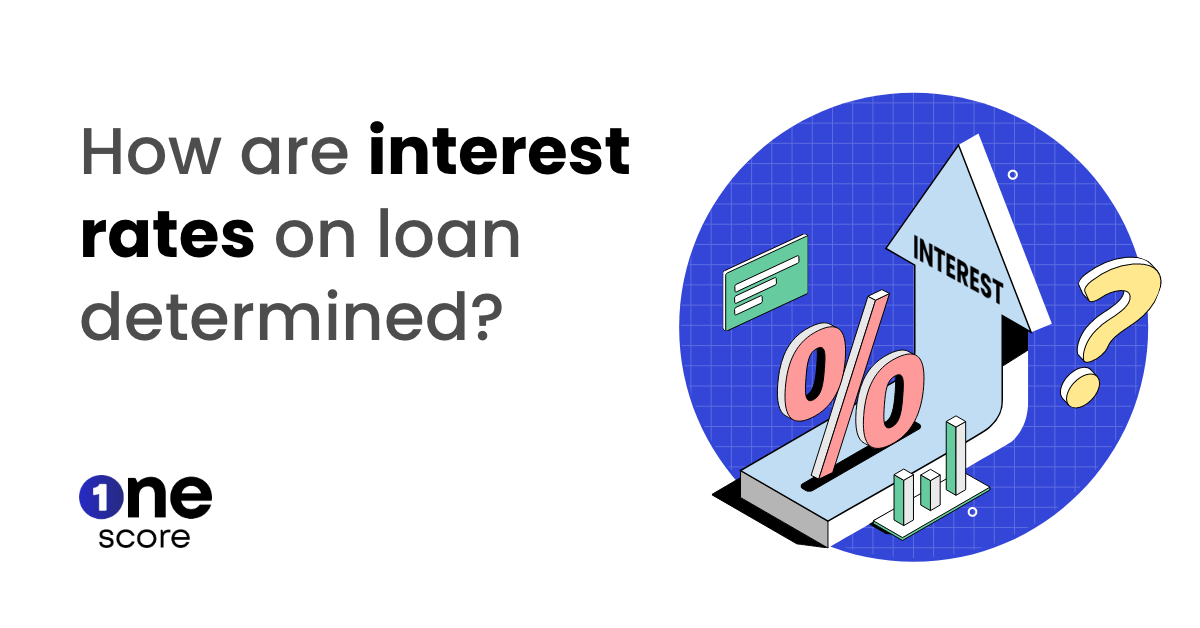
If you ever find yourself in need of quick funds for various reasons like paying off credit card debt, making home renovations, or covering unexpected expenses, a personal loan can be a lifesaver. It provides you with the financial flexibility you need during those times. However, before you dive in and apply for a personal loan, it's important to understand how interest rates work and what factors can affect the interest rate you'll be offered. Being aware of these aspects will help you make informed decisions and get the best possible loan terms.
How does Interest rate on personal loan work?
Interest rate is the extra amount charged over the amount borrowed by the lender when you take a personal loan. When paying back a personal loan, you will have to pay back the amount borrowed with this extra amount charged in the form of interest.
The personal loan interest rate is determined by several factors, including your credit score, loan amount, length of the loan term, type of lender, repayment history, and debt-to-income ratio. A higher credit score and a timely repayment history generally result in a lower interest rate.
Personal loans can have fixed or variable interest rates. A fixed interest rate remains the same throughout the life of the loan, while a variable interest rate may fluctuate depending on the market conditions. For a fixed interest rate, if a bank offer a 12% interest rate, this will remain constant throughout the life of the loan, while for a variable interest, it can increase or decrease varying on the market conditions.
Note*It’s essential to carefully read and understand the terms and conditions of your loan agreement.
Factors That Determine Interest Rates
The interest rate you receive on your personal loan is determined by several factors, including:
Your credit score is one of the most important factors that banks see when determining your interest rate. A higher credit score indicates that it is safe for the banks to give you a loan and they offer a lower interest rate.
The amount of money you borrow can also affect your interest rate. Generally, larger loan amounts will have higher interest rates because the risk for the bank is high.
The length of your loan term can also impact your interest rate. Longer loan terms may have higher interest rates, as the lender is taking on more risk by lending money for a longer period of time.
The type of lender you choose can also affect your interest rate. Banks and other financial institutions may offer different interest rates than online personal loan apps.
Your repayment history on previous loans or credit cards can impact your interest rate. If you have a history of making on-time payments, you may qualify for a lower interest rate.
Finally, your debt-to-income ratio (DTI) is another important factor that lenders consider. This ratio compares your monthly debt payments to your monthly income. A lower DTI indicates that you have low debt than your monthly income, and hence you can pay on time, which may qualify you for a lower interest rate.
Benefits of Personal Loans
The benefits of a personal loan include:
Also read: How to Consolidate Debt with a Loan?
- Improve your credit score:
- Look for Multiple Lenders:
- Consider a secured loan:
- Negotiate with lenders:
Ways to Get the Best Interest Rates
To increase your chances of getting the best interest rate on your personal loan, consider taking these steps:
Before applying for a loan, check your credit score and take steps to improve it if necessary. Paying your existing debts and making on-time payments can help raise your score and get a low interest rate.
Don't just accept the first loan offer you receive. Instead, compare rates and terms from multiple lenders to find the best deal.
If you have collateral, such as a car or savings account, you may be able to qualify for a secured loan with a very low interest rate.
Finally, don't be afraid to negotiate with lenders. If you have a good credit score and strong repayment history, you may be able to negotiate a lower interest rate.
Conclusion
Personal loans can be a great option for those who need access to quick cash. However, it is important to understand how interest rates work and what factors can affect the rate you receive. By taking steps to improve your credit score, looking for different lenders, and considering a secured loan, you can increase your chances of getting the best interest rate possible.
Found the article helpful? Download OneScore and stay in charge of your finances.
- Are personal loan interest rates fixed or floating?
- Is it easy to get a personal loan?
- What is a good interest rate on personal loans?
- What is the introductory personal loan interest rate?
FAQs
When you take a personal loan, the interest rate can be either fixed or floating.
With a fixed interest rate, it stays the same for the entire loan duration. So, your monthly payments remain consistent, making it easier to plan your budget.
On the other hand, a floating interest rate, also known as variable interest rate, can change over time. It may go up or down based on market conditions. This means your monthly payments can vary.
Getting a personal loan can be easy if you have a good credit score, a stable job, and not too much debt. Lenders want to make sure you can pay back the loan. So, they check your financial situation. If everything looks good, they'll approve your loan.
A good interest rate on a personal loan means you pay less money in interest charges. Generally, lower rates are better. The specific rate depends on your credit score and other factors. Rates can range from 6% to 36% or more. To get a good rate, it helps to have a good credit history, stable income, and low debts. Compare offers from different lenders to find the best rate for you. Remember, the lower the interest rate, the less you pay back overall.
Imagine you're getting a personal loan with an introductory interest rate. Let's say the regular interest rate is 10%, but the lender offers you an introductory rate of 5% for the first six months. So, for those six months, you'll pay less in interest compared to the regular rate. However, once the introductory period ends, the interest rate will go back to the regular 10%. It's important to consider both the introductory rate and the long-term rate when deciding if the loan is right for you.
**Disclaimer: The information provided on this webpage does not, and is not intended to, constitute any kind of advice; instead, all the information available here is for general informational purposes only. FPL Consumer Services Private Limited and the author shall not be responsible for any direct/indirect/damages/loss incurred by the reader in making any decision based on the contents and information. Please consult your advisor before making any decision.
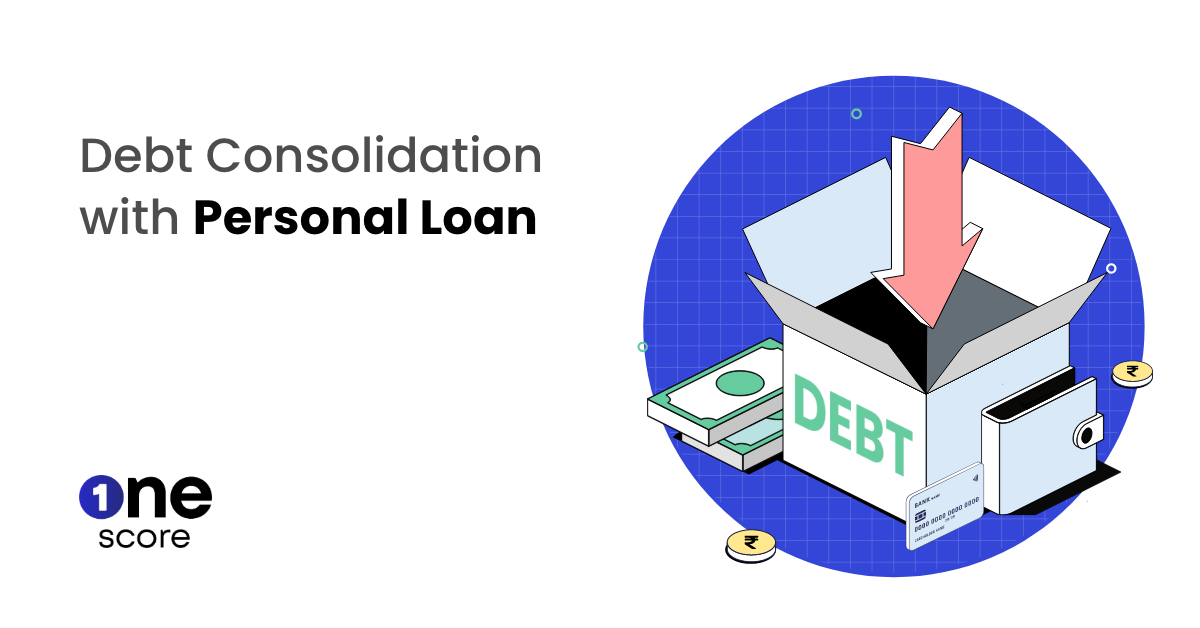
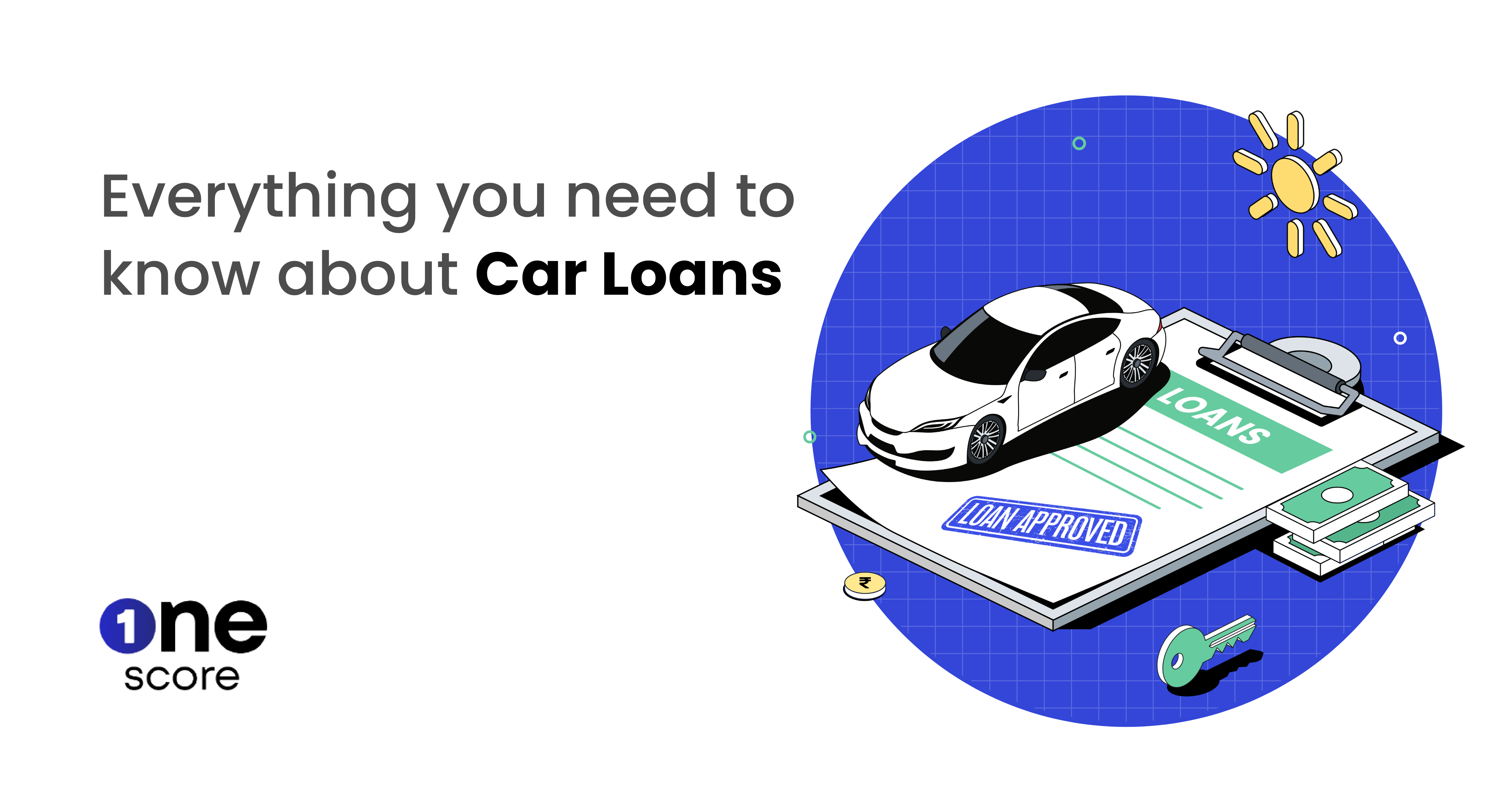
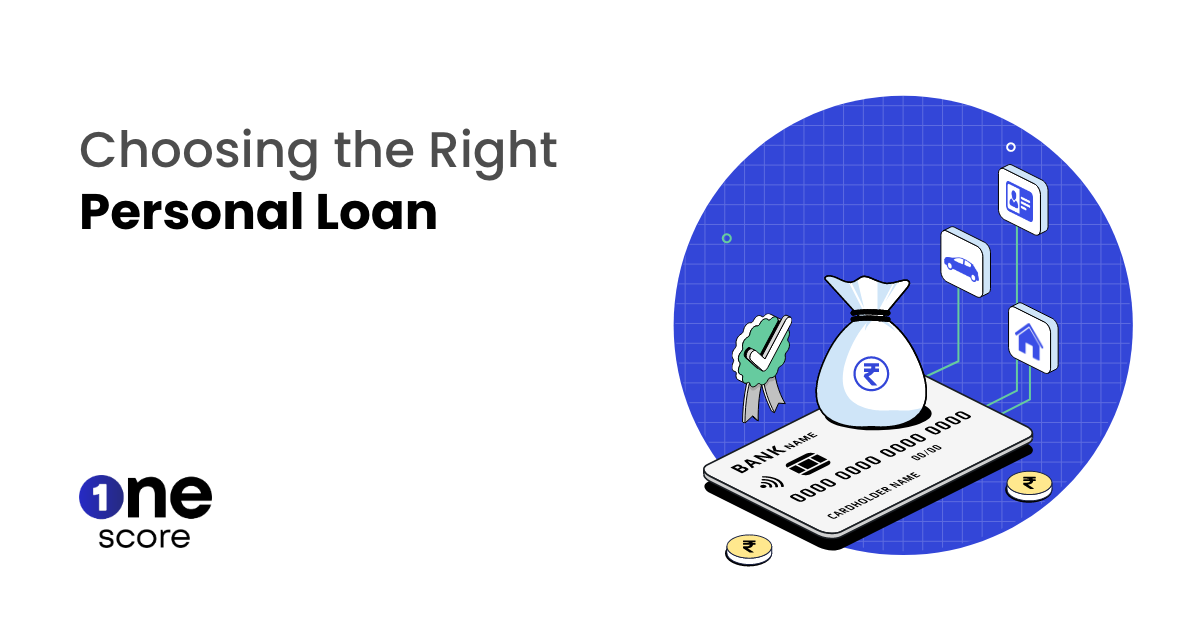
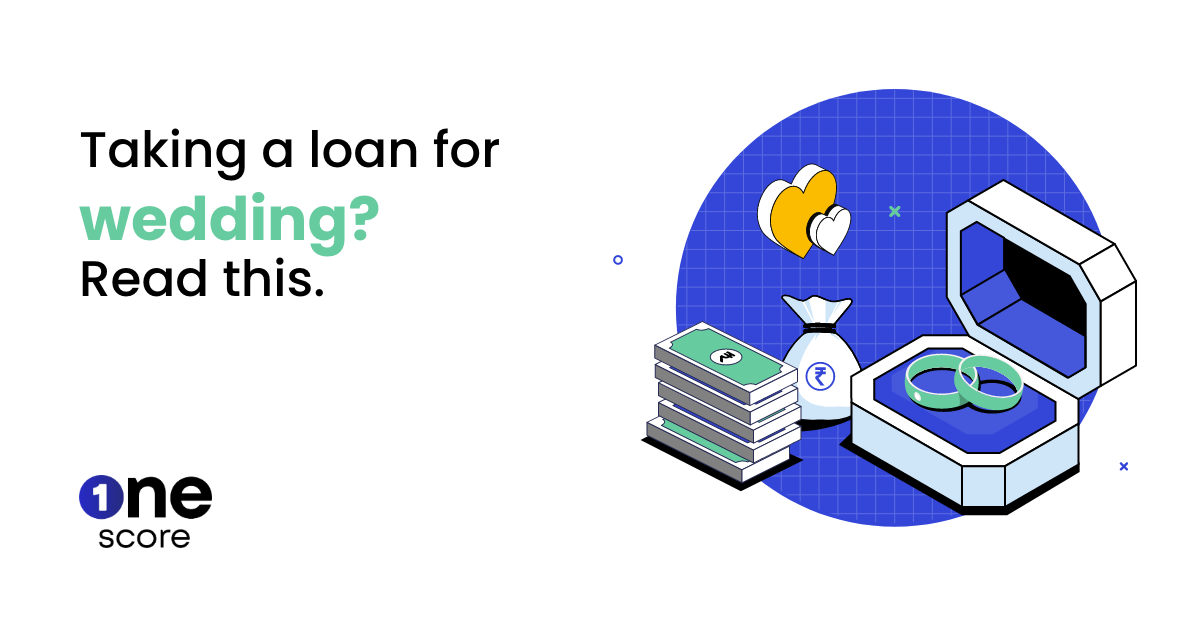
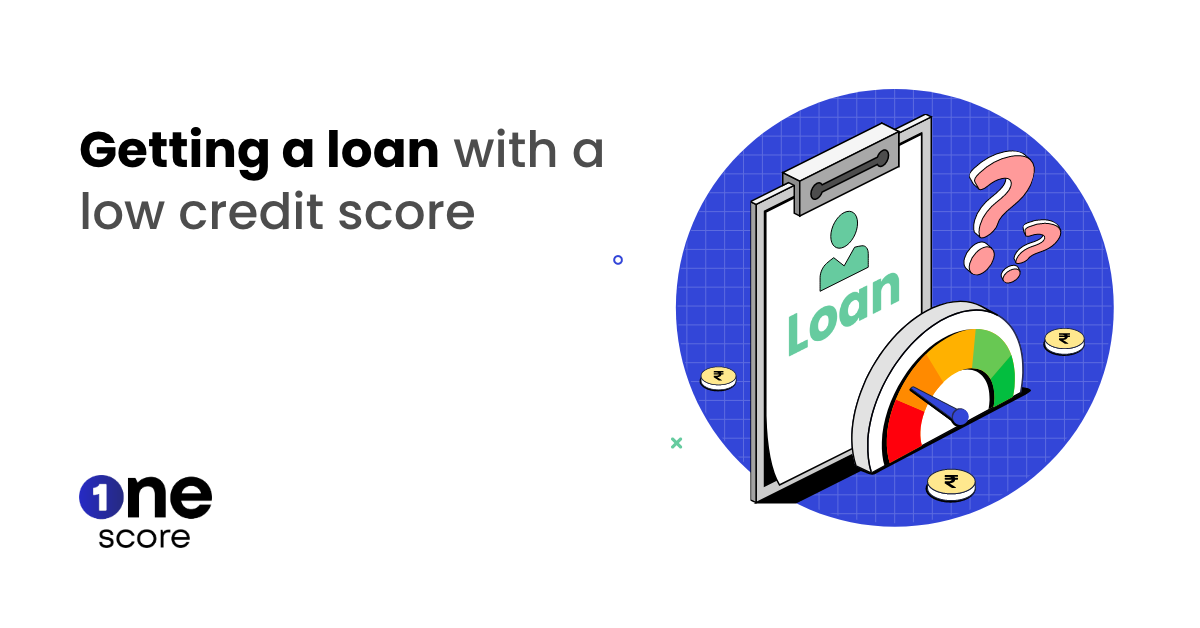
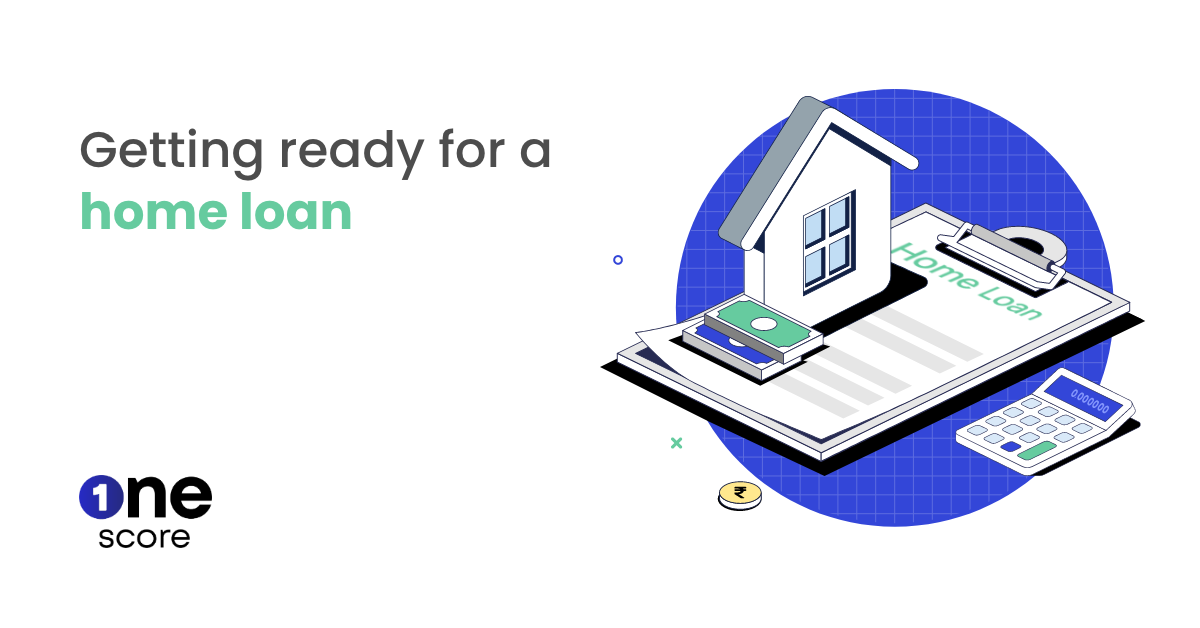
- OneScore , May 11, 2023

